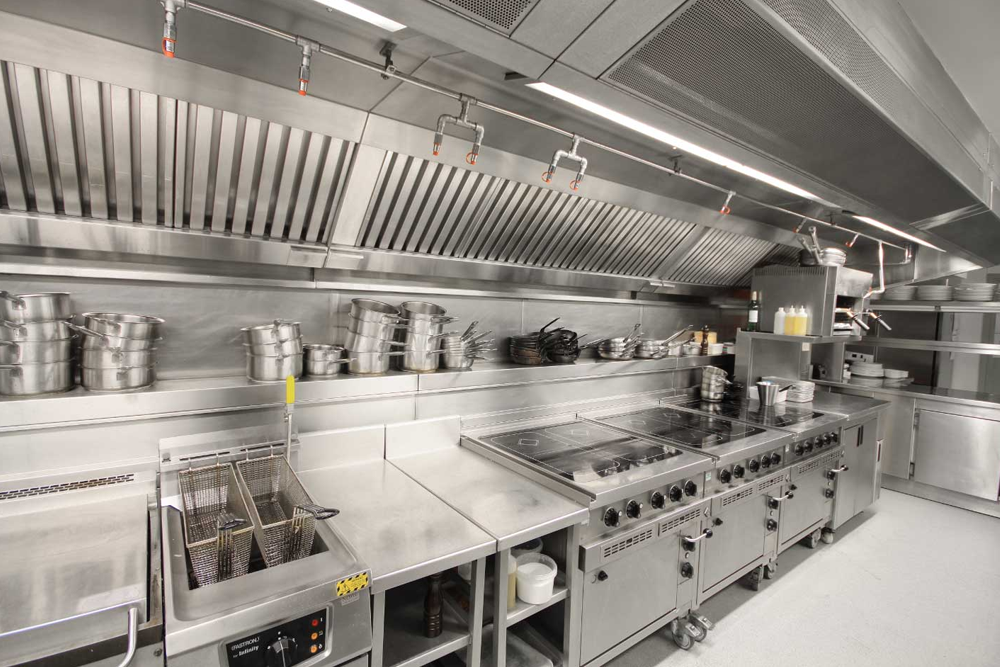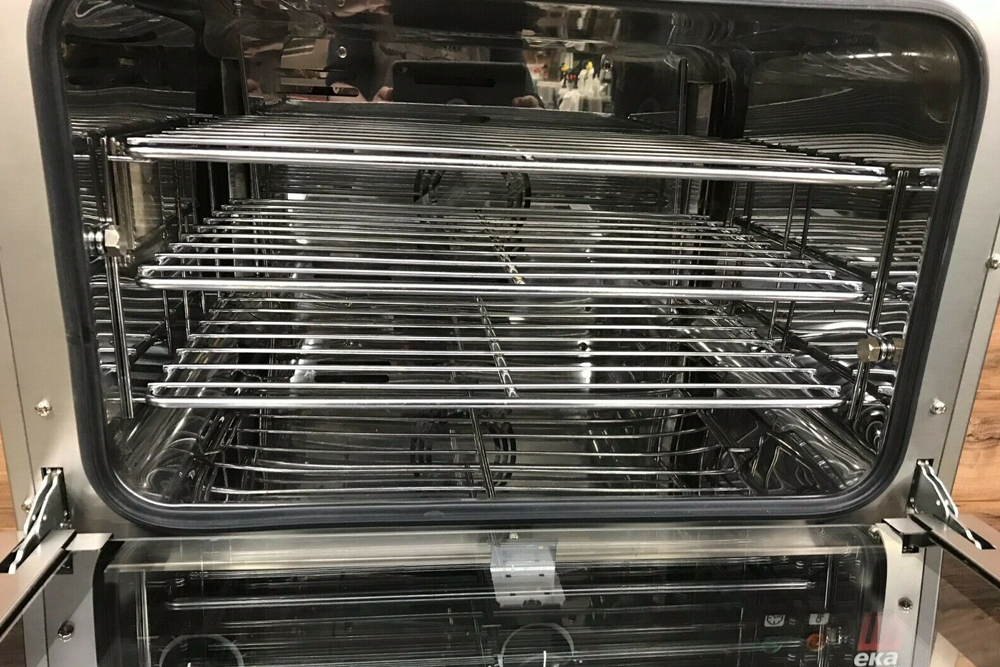
4 Tips to Help You Decide If an SBA Loan is Your Best Funding Option
SBA loans can be ideal for disaster relief, property loans, and working capital. Think of it as a government-backed business loan. You will still have to work with a local lender, but the SBA takes on the risk of your loan from the lender, increasing the chances for the lender to accept your financing request. As with any financial decision, evaluate your business situation and ensure it is healthy enough to take on debt. Here are key elements to consider when deciding if an SBA loan is your best option.
Requirements
SBA loans are in some way similar to term loans in terms of qualifications, with some differences. For one to qualify for an SBA loan, you must be operating a small, for-profit business that is engaged in business (or intends to) in the United States or its possessions. You must have reasonable invested equity in the company and have tapped other resources, including personal assets. You must be able to show that you need the money and that you will use them for a sound business purpose.
Like with traditional bank loans, an excellent to good credit score is required. Applicants with bad credit might want to consider other options, including microloans or business credit cards, which can aid your small business build business credit.
SBA lenders will mainly check your FICO SBSS score for loans of $350,000 or less in the 7(a) program. You should have a credit of at least 140 (out of a highest possible 300) to pass the SBA pre-screen; however, you will want to have a score of at least 160 to increase your chances. You can check your FICO SBSS score through Nav’s Business Loan Builder plan. Provided your credit score is not high enough to pass this pre-screen, the underwriting procedure will become more involved and probably take longer than expected.
Cash flow
Similar to traditional bank loans, having solid cash flow numbers is vital when applying for an SBA loan. Provided your cash flow is tight and the loan will not be useful in increasing revenue for a while, you might need to look at other sources that do not require you to start making those payments immediately, such as crowdfunding or grants.
You will have to show several years of business taxes and income statements to prove strong cash flow numbers. Unexplained dips and lapses in cash flow will be a red flag to lenders, but robust and sustained performance will stand out. Note that the paperwork required for an SBA loan is going to be more involved than some other types of loans of small business funding. However, the payoff will hopefully be worth it. Among the paperwork, you will be required to fill out:
- Loan application history
- Business license/certificate
- Affiliations and ownership
- Business financial statements (Profit and loss, one-year projected financial statement)
- Financial statement and personal background
- BA loan application
- Income tax returns (three years, business and personal)
- Loan application history
- Business overview and history, including an explanation of how the loan will assist the business
- Resumes for every principal of the business
- Purchase information ( if buying a business, additional information is needed)
- Business lease (if applicable)
Additional information might be needed, as well. Some lenders might require a business plan, and if you are going to use the proceeds to pay off debt, the lender will require a copy of the promissory note and the loan payoff amount.
Consider SBA loan advantages
Below are some of the benefits you can expect if you qualify for an SBA loan:
Low rates
SBA loans, which are assured by the Small Business Administration, are actually funded through individual banks. The SBA guarantees between fifteen and ninety percent of the loan if you cannot pay it, and the loan goes into default. This makes banks and other lenders hopeful to work with you and provide you favorable rates for paying them back. Thanks to this relationship between the lenders and SBA, entrepreneurs can obtain funding to purchase or expand their small businesses with modest repayment terms and low-interest rates.
Flexibility
Just as your business provides differs from the one down the street or across the internet, your financial needs and structure are different. That is why flexibility is vital. Small business loans can accommodate many business needs, whether you are looking to buy real estate or expand your current location, and you require capital for construction expenses. Here is a rundown of these SBA loan programs:
- SBA 7(A): This is the most popular version of the SBA loan. Maybe it is popular since you can borrow up to $5 million, or perhaps it is due to its low-interest rate and long repayment terms (up to ten years).
- SBA 504: These loans are offered together with Certified Development Companies (CDC). The loans are only for backing fixed assets like new building facilities, which are at least fifty-one percent owner-occupied.
- SBA Express: If you need cash faster, this might be a good choice for you. SBA loans typically take a long period to work through; however, SBA Express speeds up the procedure. Whereas the maximum SBA Express loan amount is $350,000, smaller than some of the other offerings, you gain access to finance less.
- Export loan: Just as the name suggests, these loans are available if you are engaging in international transactions like exports overseas.
- CAPLines Program: This kind of SBA loan is great if you require short-term working capital to improve your business’s bottom line. SBA CAPLines cover various credit programs and are offered with SBA 504 or SBA 7(a) loans.
- Microloan program: If you are a home-based small business owner or a freelance, you can choose this option. You can typically use the money to do almost anything for your business, except for buying real estate or paying existing debts.
- Disaster loan: Whereas hopefully, you never need to use this kind of loan, it is available in the case of a natural disaster. You can even get up to $2 million in funding with very low rates as far as you can prove your company has suffered in a declared disaster zone.
You can combine financing
SBA loans can be mixed with other financing options, like Rollovers for Business Start-ups (ROBS), a debt-free funding method for using eligible retirement funds to put a down payment on your SBA loan without tax penalties. You can also use a portfolio loan for a down payment, and some lenders will accept Equity Line of Credit.
Consider the drawbacks of SBA loans
While favorable repayment terms, a myriad of loan types, low-interest rates, and a lot of flexibility make SBA loans appear highly attractive, it is essential to understand some of SBA’s drawbacks before you consider it your best option.
SBA loans do not come easy
SBA loans are easy to obtain, you will put in a lot of work. You should be ready to roll up your sleeves and prove your worth to your lender via a lengthy procedure that encompasses providing a solid business plan and a large down payment. Generally, the lender will look at:
- Character: Solid personal and business character
- Credit: A high credit score both historical and current
- Capacity: You need to show you have the capacity to earn money and pay back your loan
- Collateral: Some kind of collateral, often in the form of real estate
- Capital: This involves capital to put down, the amount of money which is usually a percentage of the loan
As long as you can put all this together and meet the qualification criteria, an SBA loan might be your best option.
You might get denied
Approximately ninety-percent of SBA loans are not accepted. You can not win them all in life- and probably getting turned down for an SBA loan will remind you of this fact. Now that you know this, however, you can do everything in your power to be one of the ten percent approved. It helps find an SBA loan consulting service or company you trust who will assist you through the procedure. You should also make sure all C’s mentioned above in order, and your paperwork is flawless. Note, not every business succeeds; however, putting your all into it can assist yours to be one of the ones that do.
Repayment is personal
Whereas it is not likely to happen to you, be aware that most SBA lenders need you to sign a personal guarantee to facilitate loan approval. For instance, if you own twenty-percent or more equity in your business but cannot pay back the loan with respect to your original terms (also called amortization schedule), you will need to pay your personal assets or accounts. Personal assets include anything from your savings accounts to your real estate.
SBA loans are not a one-size fit for businesses solutions. Now that you know the qualifications, pros, and cons, you are better positioned to tell if an SBA loan is your best option. Remember that while SBA loans are hard work, rewards can help you attain your small business dreams.











